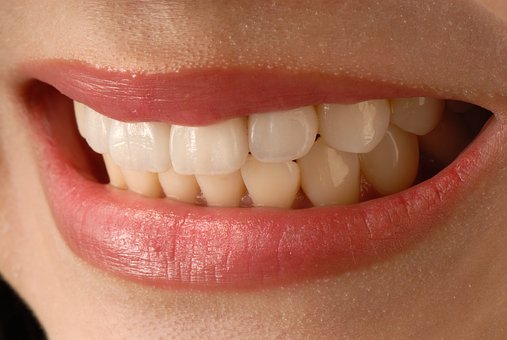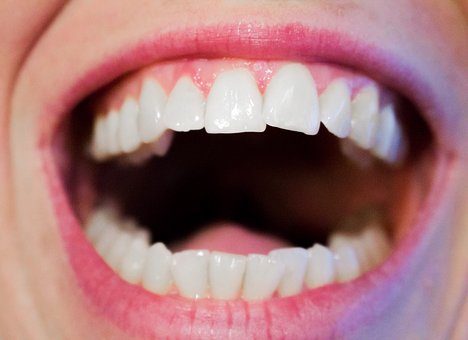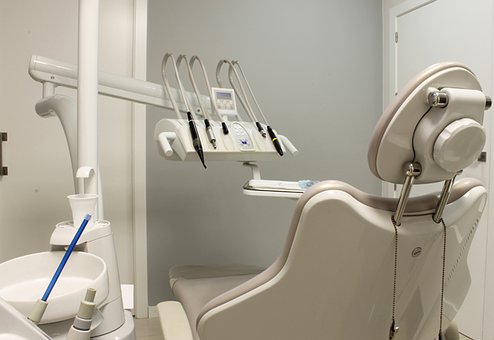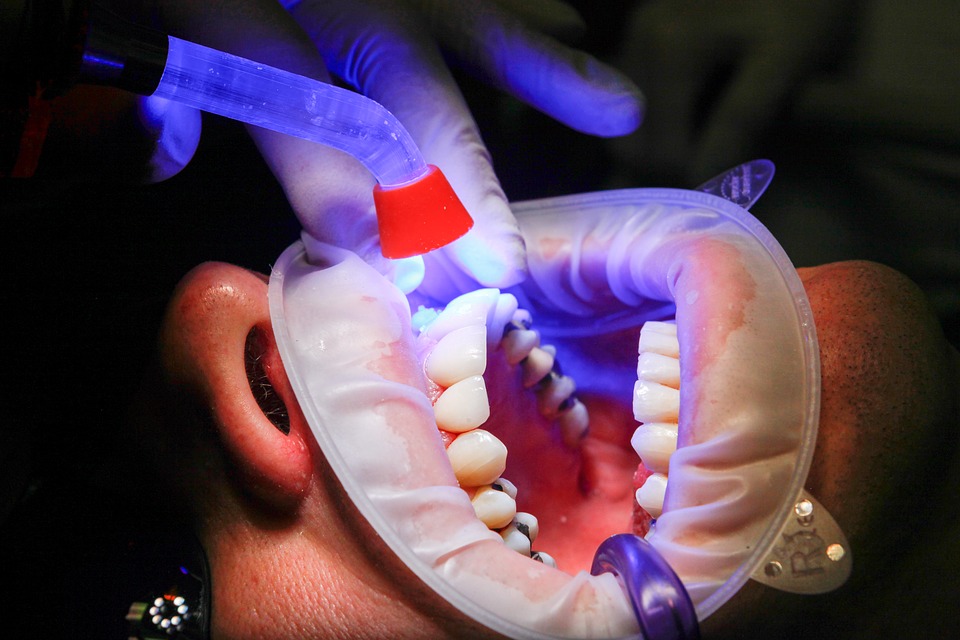Emergencies can happen unexpectedly, including dental emergencies that require immediate attention to alleviate pain, prevent further damage, and preserve oral health. For residents of Frisco, Texas, knowing how to respond to a dental emergency promptly can make a significant difference in the outcome. This comprehensive guide provides essential information on what to do in various dental emergencies, where to seek emergency dental care in Frisco, and how to prepare for potential dental crises.
Common Dental Emergencies and Initial Steps
1. Toothache
A severe toothache can indicate an underlying dental issue such as decay, infection, or tooth fracture. Initial steps to manage a toothache include rinsing the mouth with warm water, gently flossing around the affected tooth to remove any trapped debris, and taking over-the-counter pain relievers as directed. Avoid placing aspirin directly on the gums or tooth, as it may cause irritation.
2. Knocked-Out Tooth
A knocked-out tooth requires immediate action to increase the chances of saving the tooth. Hold the tooth by the crown (avoid touching the root), rinse it gently with water if dirty (do not scrub), and try to reinsert it into the socket if possible. If reinsertion isn’t feasible, place the tooth in a container of milk or saliva to keep it moist and seek emergency dental care immediately.
3. Cracked or Fractured Tooth
Rinse the mouth with warm water to clean the area and apply a cold compress to reduce swelling if there is facial trauma. Avoid chewing on the affected side and seek prompt dental care to assess the extent of the fracture and prevent further damage.
4. Lost Filling or Crown
If a filling or crown falls out, clean the affected area carefully and try to keep the restoration if possible. Temporary dental cement or over-the-counter dental cement can be used to temporarily place the filling or crown back in position until you can see a dentist.
5. Abscess or Dental Infection
A dental abscess is a serious condition that requires immediate attention to prevent the infection from spreading to other parts of the body. Symptoms may include severe pain, swelling, fever, and a foul taste in the mouth. Rinse with saltwater to reduce pain and swelling and seek emergency dental care promptly.
Where to Seek Emergency Dental Care in Frisco
1. Local Dentist’s Office
Many dental practices in Frisco offer emergency dental services or have protocols in place to accommodate urgent cases during regular business hours. Contact your regular dentist’s office first for guidance on how to proceed in a dental emergency.
2. Emergency Dental Clinics
Some dental clinics specialize in emergency dental care and accept walk-in patients without appointments. These clinics are equipped to handle a wide range of dental emergencies promptly, including evenings and weekends when regular dental offices may be closed.
3. Hospital Emergency Rooms
In severe cases involving facial trauma, uncontrollable bleeding, or difficulty breathing due to dental issues, seek immediate medical attention at the nearest hospital emergency room. Medical professionals can provide initial stabilization and refer to a dentist if necessary.
4. Local Dental Associations and Hotlines
Dental associations or hotlines may provide information on emergency dental care providers in Frisco and guidelines for managing dental emergencies before reaching a dentist. These resources can be valuable for locating immediate assistance outside regular dental office hours.
How to Prepare for Dental Emergencies
1. Maintain Good Oral Hygiene
Regular brushing, flossing, and dental check-ups help prevent dental emergencies by maintaining oral health and detecting issues early.
2. Have an Emergency Dental Kit
Prepare a small kit containing essentials such as gauze, over-the-counter pain relievers, a container with a lid (for storing knocked-out teeth), and temporary dental cement. Keep this kit accessible at home or while traveling.
3. Know Your Dental Insurance Coverage
Familiarize yourself with your dental insurance coverage for emergency dental care. Understand copayments, deductibles, and coverage limitations to avoid financial surprises during emergencies.
4. Keep Contact Information Handy
Save your regular dentist’s contact information, as well as emergency dental clinics and local dental associations’ hotlines, in your phone or address book for quick access during emergencies.
Conclusion
Being prepared and knowing how to respond to dental emergencies can make a crucial difference in preserving oral health and minimizing discomfort. Residents of Frisco, Texas, have access to various resources for emergency dental care, including local dental offices, emergency clinics, and hospital emergency rooms. By understanding common dental emergencies, knowing where to seek immediate care, and preparing for potential crises, individuals can act swiftly and effectively to protect their dental health and ensure timely treatment when emergencies arise. Prioritizing oral health and being proactive in emergency preparedness contribute to maintaining a healthy smile and overall well-being for years to come.




